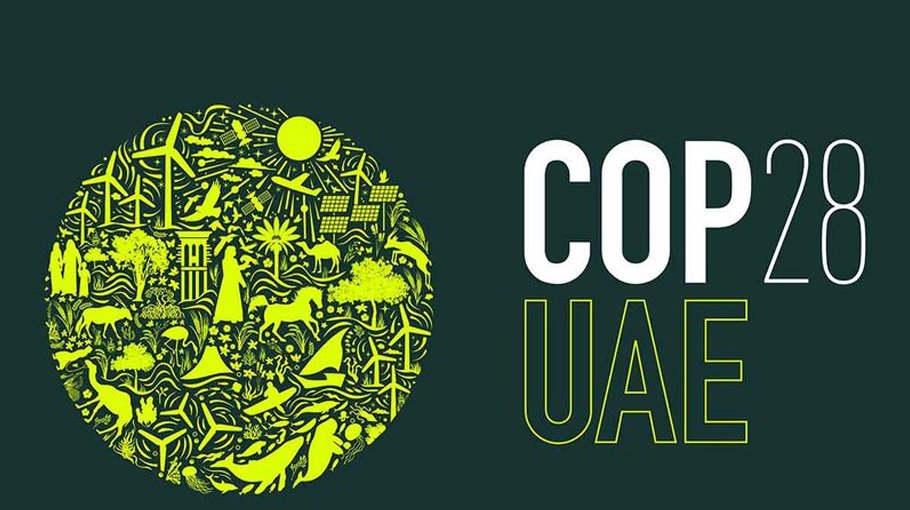UAE’s COP28 will amplify collective climate action
At COP28, the UAE Presidency will galvanise action to both increase finance and embrace nature-based solutions such as reforestation and ecosystem protection

The world’s first stocktake of progress on climate action this year will show that while commitments to stem the crisis are stronger than ever, action remains far off course of the global goals set in Paris in 2015.
The news will be worrying. But it also has the potential to catalyse action — as long as countries, investors, businesses, cities, and civil society come together at the UN’s COP28 climate conference in the UAE, from 30 November to 12 December, to ramp up action in line with what the science requires.
COP28 is significant because it will focus on the Global Stocktake, a process created in the Paris Agreement to assess progress towards its goals to reach net zero emissions by mid-century and hold the increase in global warming to 2 degrees Celsius, while pursuing efforts to limit global warming to 1.5 degrees above pre-industrial levels. The UN will publish the results of its review just before the UAE summit.
As hosts of the summit, the UAE government and its private sector have a unique opportunity to set an example and lead cross-sector, international coalitions in pursuit of a healthy, resilient zero-emission economy by 2050.
With this in view, and building on the ongoing efforts of the UAE government to engage with the local community, the United Nations Climate Change High-Level Champions, UAE Presidency and Dubai Chamber are hosting an event in Dubai on 29 May to share their work and plans with local stakeholders including businesses, civil society and youth, to inspire local participation.
The science shows that reaching net zero emissions by 2050 requires a concerted effort across sectors, countries, businesses and stakeholders to slash emissions by 43 per cent and end the loss of nature by 2030. According to the International Energy Agency, we need to double generation of renewable electricity by 2030, reaching 60 per cent of total electricity production from renewable sources compared to 29 per cent generated in 2021. This must be accompanied by greater emissions reductions across all sectors and improving energy intensity at a rate three times higher than the improvements we witnessed in the past two decades.
By bringing actors from the real economy together with
governments in the UAE, and supporting participation from
youth, women, and small island and developing countries
on the front lines of climate change, the aim is to make
COP28 an inclusive space for innovative solutions that
will shape the course of an economic transformation
towards net zero
At the same time, we need to help at-risk communities adapt to the impacts of climate change they are already experiencing, such as extreme temperatures, rising sea levels and food and water shortages.
This transformation will be difficult and costly, but it offers major economic opportunities too.
Emission reductions in 11 major sectors are expected to generate $12 trillion in revenue by 2030, according to McKinsey. Adaptation investments of up to $1.8 trillion in this decade could generate $7.1 trillion in net benefits, according to the Global Center on Adaptation. A nature-positive economy, meanwhile, could unlock $10 trillion in business opportunities and create 395 million jobs by 2030, according to the World Economic Forum.
United in the UAE
At COP28, the UAE Presidency will galvanise action to both increase finance and embrace nature-based solutions such as reforestation and ecosystem protection.
Emerging markets and developing countries will require around US$1 trillion per year in external finance by 2030, according to the Grantham Research Institute on Climate Change and the Environment. However, developed countries have yet to meet a pledge to mobilise US$100 billion per year in public and private climate finance promised by 2020.
The UAE aims to double global finance for adaptation in vulnerable countries to US$40 billion per year. We also intend to finalise decisions on what a global goal on adaptation should comprise and how it should be measured, and to operationalise a global fund to help countries that have sustained losses and damages from climate change.
To make COP28 a success, however, we need businesses, investors, cities, regions and civil society to join governments in driving this transformation.
Race to Zero and Race to Resilience
That’s why the Paris Agreement established the role of the UN Climate Change High-Level Champions: to accelerate and amplify climate leadership from the private sector and subnational governments around the world.
Momentum is already growing. The UN-backed Race to Zero campaign, launched by the High-Level Champions in 2020, is mobilising over 8,000 companies, 500 financial institutions, and 1,000 cities behind action plans for net-zero emissions by 2050. The Race to Resilience campaign, launched in 2021, is similarly rallying the private sector and local governments to build resilience for 4 billion people by 2030, with over 2,000 organisations committed. In the run-up to COP28, the Champions are working with the private sector and subnational governments to step up local participation in both the Race to Zero and Race to Resilience.
We are also encouraging campaign partners to act on the Sharm Al Shaikh Adaptation Agenda launched at last year’s COP27 in Egypt, which set 30 measurable adaptation goals in food and agriculture, water and nature, coastal areas and oceans, human settlements, and infrastructure. By bringing actors from the real economy together with governments in the UAE, and supporting participation from youth, women, and small island and developing countries on the front lines of climate change, the aim is to make COP28 an inclusive space for innovative solutions that will shape the course of an economic transformation towards net zero.
Razan Al Mubarak is the UN Climate Change High-Level Champion for COP28.
Source: Gulf News



